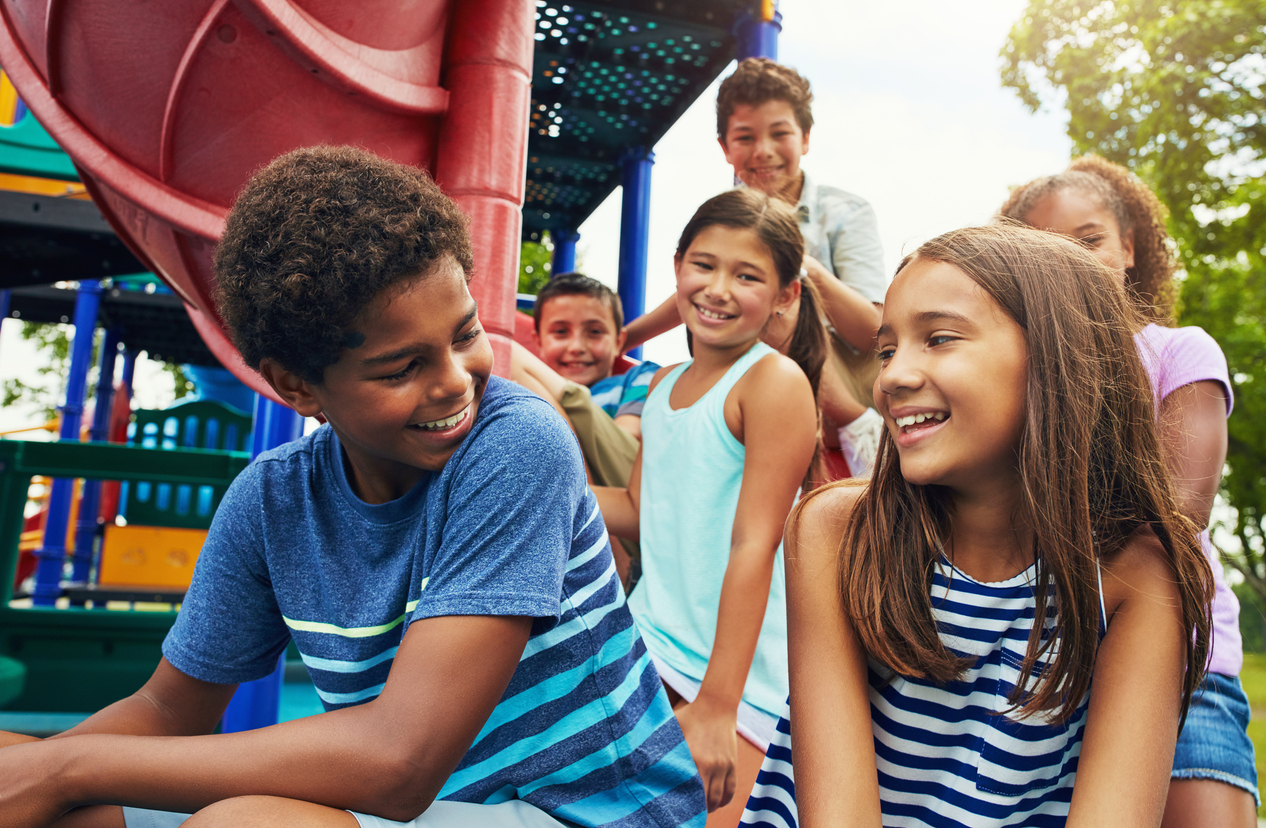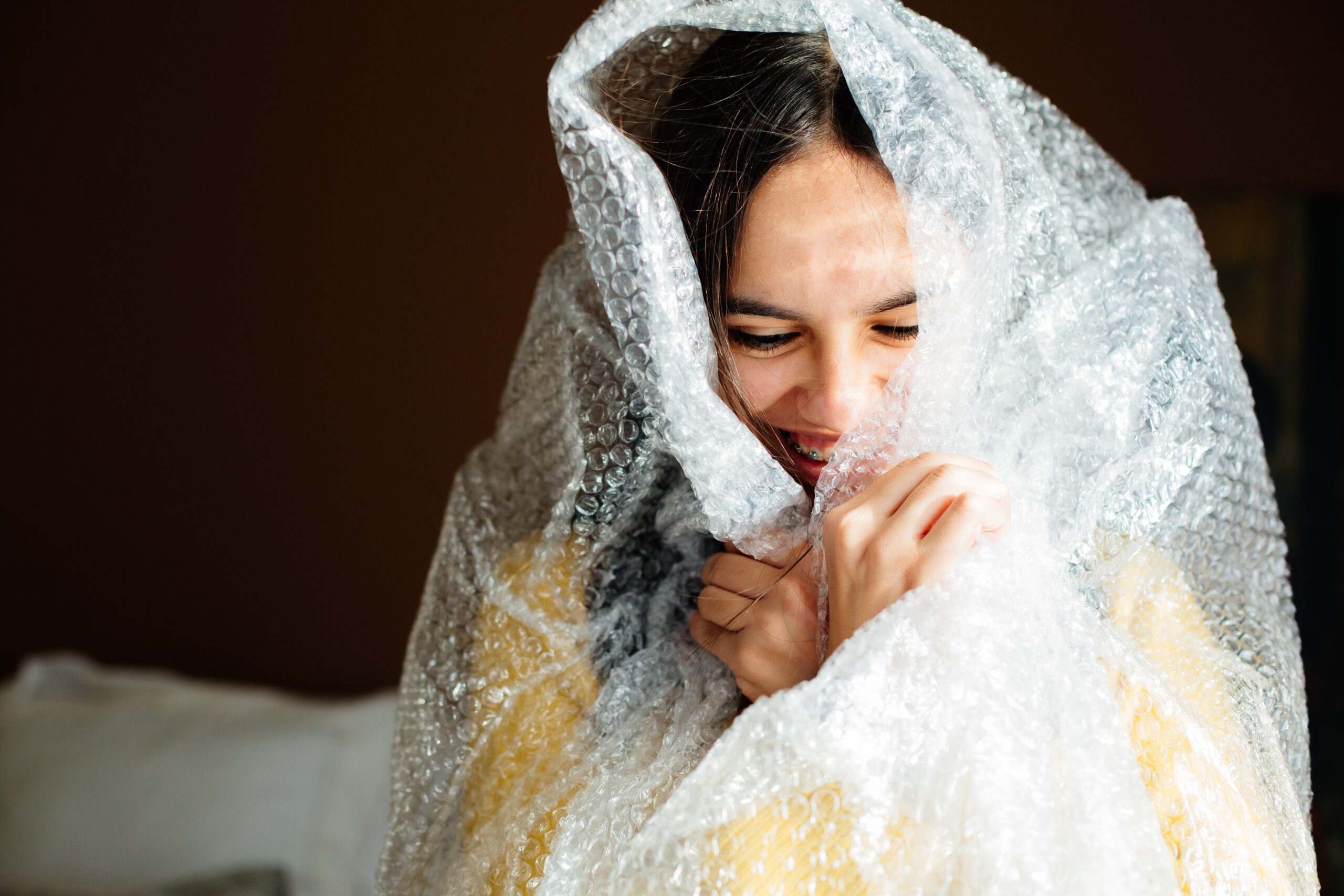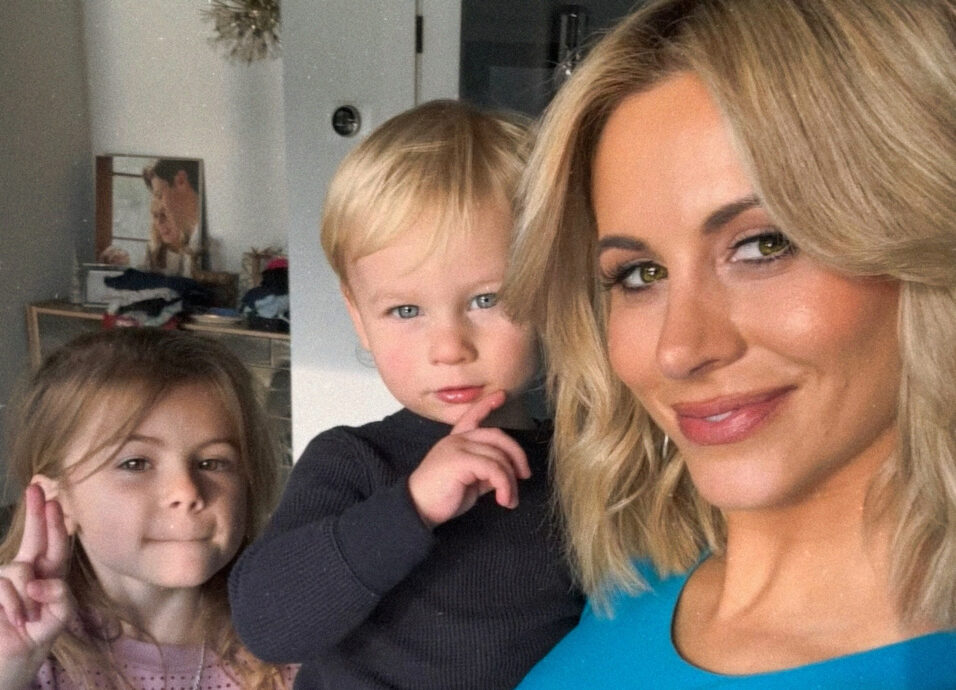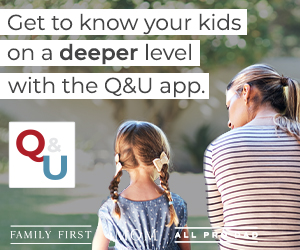I know what you’re thinking: there’s no such thing as too much caution, too much safety or too much protection when it comes to your child. But, in some respects, the vigilant concern for health and safety overprotective parents display may come with unintended negative effects. Consider this: Children today suffer from allergies—whether to foods, plants or animals—at a rate two to five times higher than kids 30 years ago. However, researchers have noticed that kids living on farms seem to suffer far less. The theory is that the farm kids are exposed to many more germs, plants, and types of dust early on, and their immune systems learn how to respond appropriately. Meanwhile, the rest of us are wiping down every surface in the world with antibacterial wipes and wondering why our kids are still sick so often.
It may be that the very things we do in an effort to protect our kids actually hurt them. While the “hygiene hypothesis” is hotly debated, it’s food for thought in more than one way. Cleanliness and immune system development is just one area where our efforts to keep our kids safe may be ineffective or downright negative. Here are 3 ways you may be overprotecting your kids.
1. Restricting active play.
In prior generations, children spent the majority of their free time outdoors engaged in active play. Today’s children spend far less time running in the yard, riding bikes around the neighborhood and climbing trees just to prove it can be done. Did we suffer occasional injuries? Sure—there were stitches and ER visits and scraped knees too numerous to mention. But the health and developmental benefits were worth it.
Today’s parents feel a greater burden to supervise every moment of our kids’ lives and to remove all chance of injury. But if our kids are to get the exercise they need, we will have to make peace with some acceptable level of risk associated with their play. Give good instructions and cautions, make them wear a bike helmet or other protective gear, and get them moving. If you feel they’re too young to play outside without full supervision, schedule that time into your day. It’s that important.
2. Overuse of antibacterial soaps and gels.
In late 2013, the FDA sent a message to makers of antibacterial soaps and sanitizers, most of which use the ingredient Triclosan: Prove that it’s better than old-fashioned soap and water and that it doesn’t harm consumers in any significant way, or take it off the shelves.* The agency was concerned by growing evidence that Triclosan may actually spur the growth of drug-resistant bacteria and disrupts hormone levels in lab animals.
Parents of small children have become devoted users of soaps, gels, and wipes that contain the chemical and promise a germ-free environment for their children. Until data emerges that proves these products are safer and better than plain soap and water, backing away from them would be reasonable.
3. Discouraging healthy risk-taking.
Psychologists tell us that kids need to conquer a few things that feel dangerous and risky to them to develop healthy independence and self-confidence. In the UK, there are a number of “adventure playgrounds” for children to explore.** They’re dirty, muddy expanses that look more like junkyards littered with old tires, tools, and drums where the children actually set (gulp) fires. At first glance, it all seems a tad Lord of the Flies. But these playspaces are left intentionally rough and unplanned, and the adult supervisors (known as “playworkers”) employed there almost never intervene.
While the property is fenced in, at almost an acre in size, the children are mostly unaware of the boundaries while they explore. The children run there when it’s time for “the land,” as they call it, to be open. They don’t run with the same enthusiasm to the carefully planned play spaces with shiny metal slides in primary colors and protective surfaces everywhere. It’s unlikely that you have a similar adventure playground in your area, but seeking out opportunities for your child to explore and push a few of his or her own boundaries is a good thing.
Tell us! Have you ever done something to keep your child healthy and safe that didn’t work out like you wanted? Tell us about it!
Dana Hall McCain writes about marriage, parenting, faith and wellness. She is a mom of two, and has been married to a wonderful guy for over 18 years.








